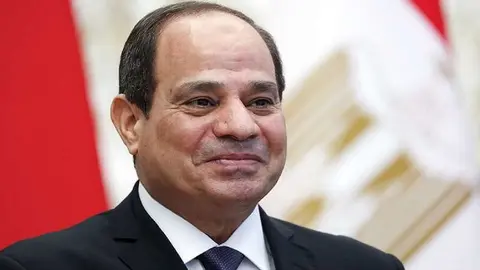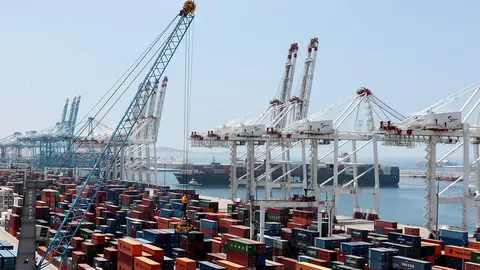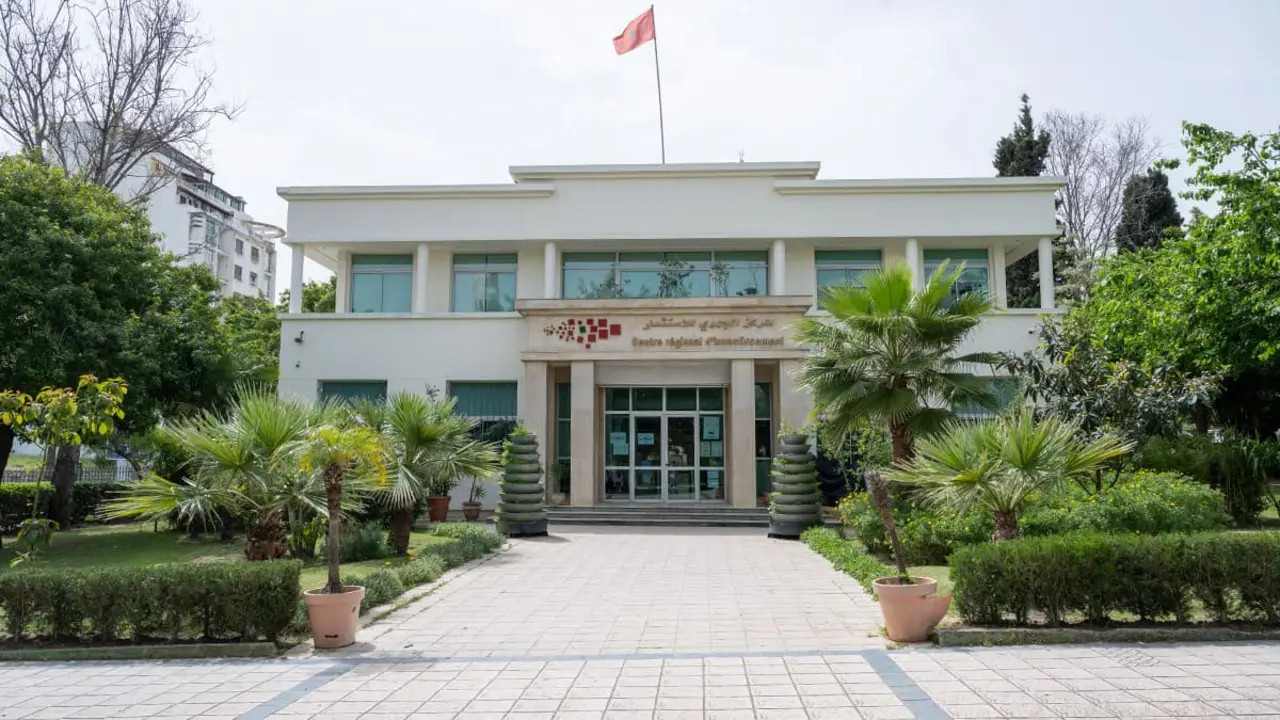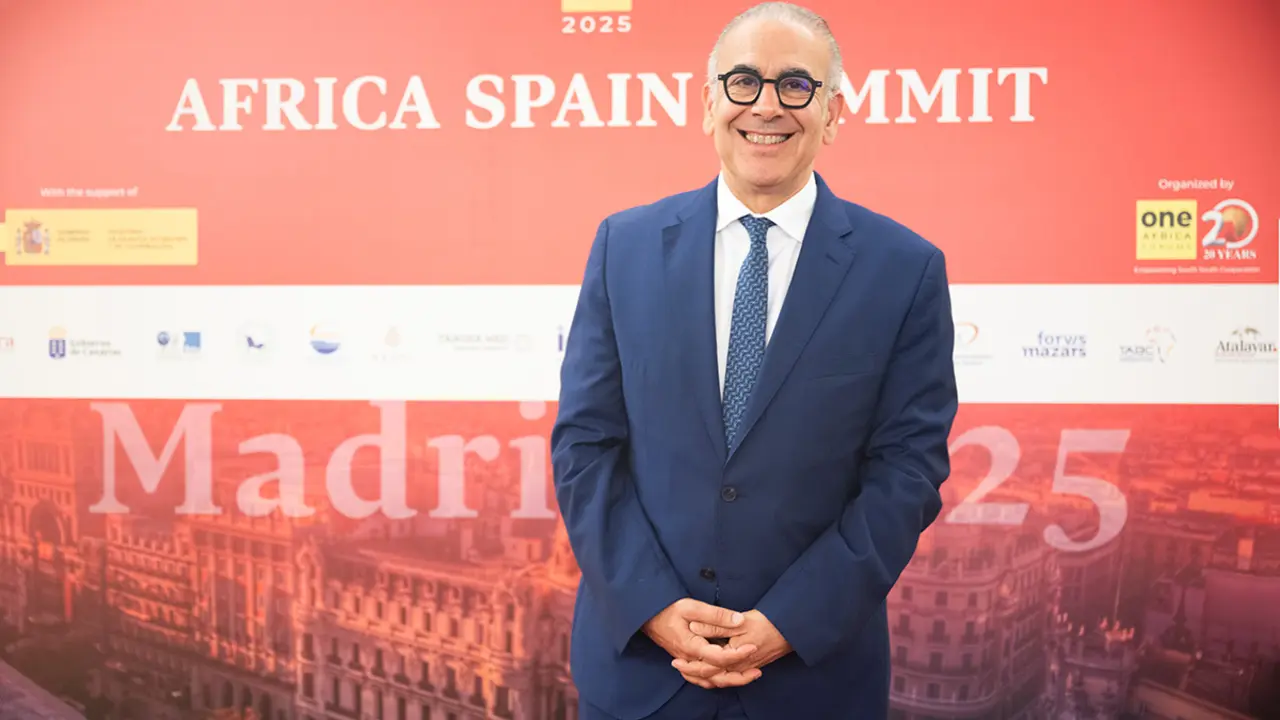Egypt increases investment in education and health
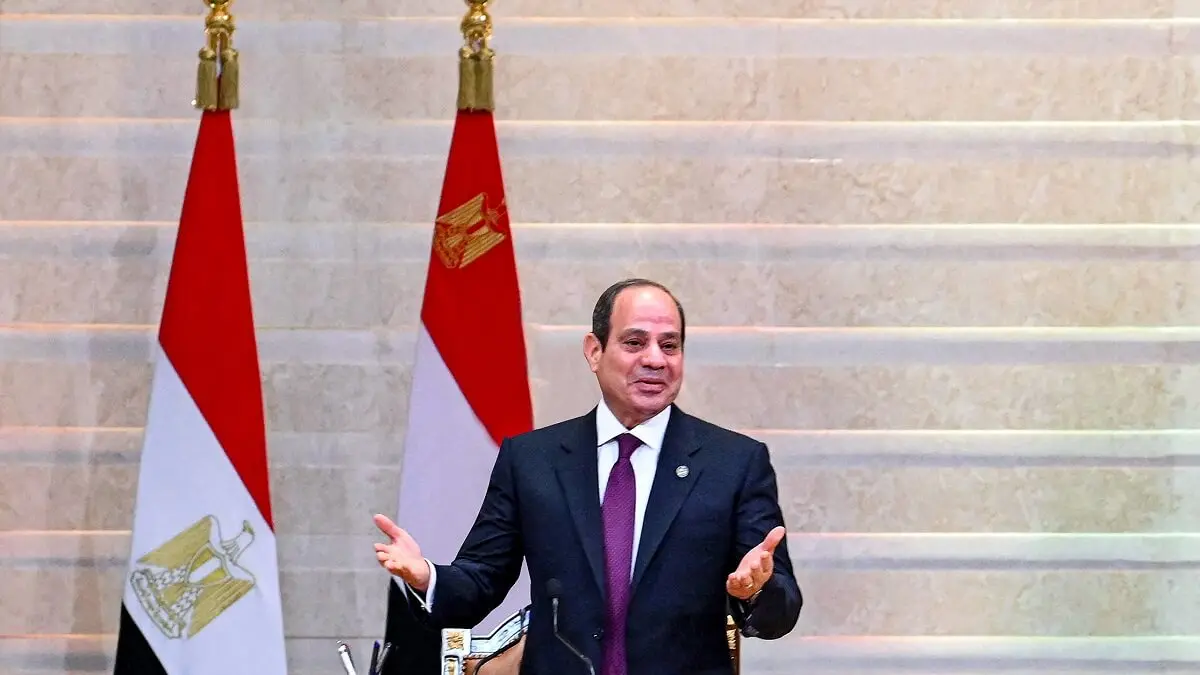
Following multiple demands from Egyptian society for increased investment in social issues, the government of Abdel Fattah al-Sisi has decided to increase its efforts in education and health. Egypt's finance minister, Mohamed Maait, has announced the new programme, which will not only mean a large increase in the volume of investment, but also forms part of a long-term strategy that focuses on these two fields.
A strategy with a view to 2030...
Egypt's idea goes beyond increasing investment for the new fiscal year. They want to develop a strong strategy for the remainder of the decade that will allow for real improvement in the education and health sectors. To begin with, they are going to increase their investment in health by 25% and up to 45% in education. The idea is to focus a large part of resources on these two areas over the next six years, starting with the new fiscal plan for 2024-2025.
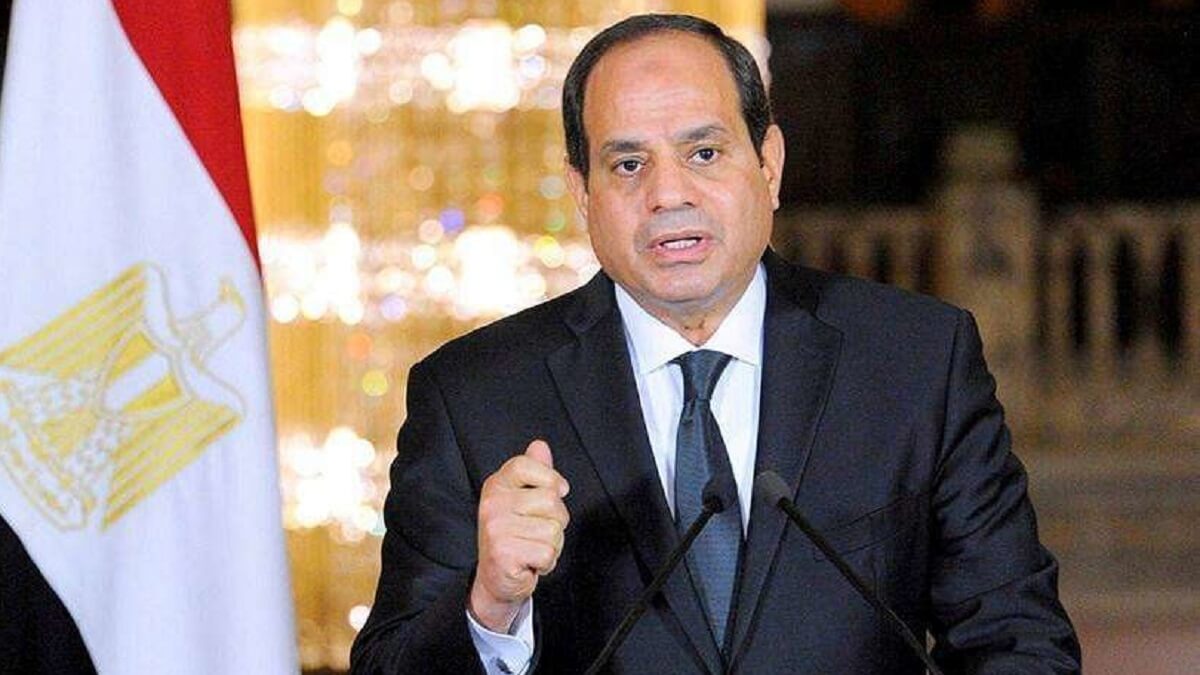
This idea was kick-started when the government submitted the general state budget to parliament at the beginning of April. Some details were already provided in a separate statement issued by the Ministry of Finance. It is worth noting that Egypt is a country with more than 25 million students, placing great value on the university sector in particular.
But it is the health sector that is the focus of most attention. It is at the forefront of the concerns of the Egyptian population, which has seen a reduction in the number of free treatments provided by public hospitals. Even medicines are no longer provided by the government, which many felt was moving ever closer to privatisation of the sector.
And also a political strategy
At least that is how some observers see it. At a time when the increase in the International Monetary Fund loan is worrying the population because of the measures that El-Sisi's government would be forced to take. For this reason, many believe that this announcement of increased investment in health and education is more along the lines of pleasing society and improving its view of the Egyptian government.
But they warn that this will not be an easy task. Previous governments have found it difficult to translate their efforts into real results, which then serve to develop the strategies they had originally drafted. Especially because it takes very large budgets and several years to achieve practical results that can be felt directly by citizens.
But in an effort to increase investment in these two key sectors, Egypt will increase the budget dedicated to health to almost 500 billion Egyptian pounds - nearly 10 billion euros - a large increase from the current fiscal year's 396.9 billion. On the other hand, allocations for the education sector will rise to 858.3 billion pounds - 16.6 billion euros - an even larger increase compared to 591 billion this year.
Although intended to improve public opinion, the move is seen as very positive by observers. Far from following the dynamic of others that brought no benefit beyond the propaganda element El-Sisi sought to instil, this time around Egyptian society will - or at least should - benefit from a large increase in investment in two sectors where it has been crying out for help for years.

